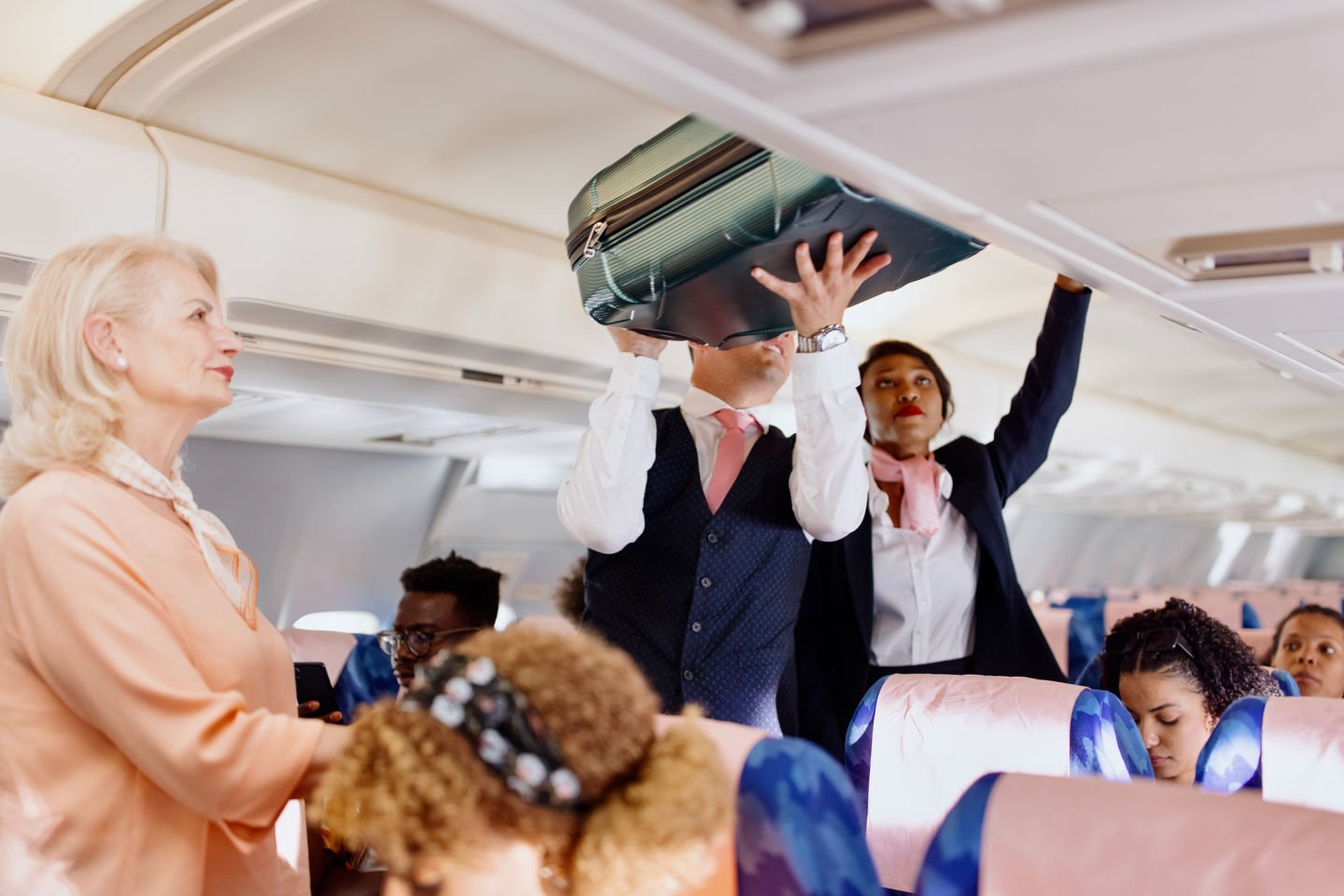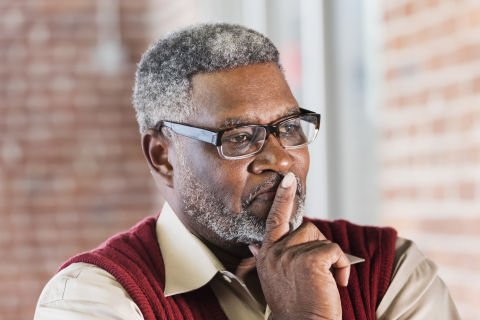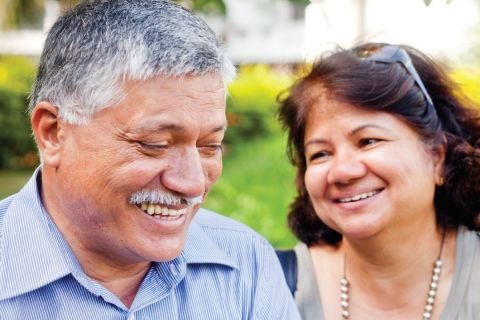What we hate most about flying
Uncomfortable seats, lost luggage and flight delays top the list of passengers’ peeves – and airlines are finding solutions.

The aviation industry had a bumpy ride during the pandemic – but it’s beginning to recover, especially in the leisure travel segment.
While things are returning to normal, at least one thing is different. If you’re planning a flight, you’ll have noticed that, with a few exceptions, airfares have increased.
But ticket price isn’t the top complaint passengers have about flying.
According to Airline Equality
The good news about lost baggage is that it usually isn’t actually lost, it’s just delayed. In fact, it’s not officially lost until it has been missing for 21 days.
It may be of no solace in the short term if you’re looking for a change of underwear or vital medication, but you probably will get your stuff back. Eventually.
If not, you will qualify for compensation under the 1999 Montreal Convention and the individual airline’s policy.
Flight delays have been a particular problem since the post-pandemic restart as both airlines and airports struggle to re-employ or replace staff laid off over the break.
If your flight is delayed or cancelled, laws under the auspices of the Australian Competition and Consumer Commission (ACCC) require the airline to provide you with a replacement flight within a reasonable time or a refund.
As for uncomfortable seats, a lot of the angst comes down to airlines wanting to pack as many passengers onto a plane as possible.
Why? The answer is simple: the more people on the plane, the more money they can make. Like any other business, airlines need to generate revenue to stay aloft.
If you haven’t travelled for a while, you may notice more seats on planes, especially in the economy cabin, meaning reduced legroom and less space between seats. The subsequent squeeze can be especially challenging on long-haul flights.
Things are rather different in the business and first-class cabins, but you will pay a substantial premium for the extra room and creature comforts.
If you feel cramped next time you fly, you could console yourself by knowing that it could have been worse.
A decade ago, European budget carrier Ryanair was denied regulatory permission to trial standing-only tickets on its fleet of Boeing 737s.
CEO Michael O’Leary envisaged an aircraft with 15 rows of seats and 10 rows of standing berths, taking the average capacity of a flight from 189 passengers to 230.
O’Leary also joked that he would like to charge passengers for using the lavatory on his airline, which is well known for imposing charges for extras such as stowed luggage and onboard food and beverages.
The good news now is that airlines are actively looking at ways to make economy class more comfortable on long-haul flights – at additional cost, of course.
Air New Zealand, which already has “sky couches” where passengers can stretch out over three seats, is due to debut its SkyNest bunk beds
On some airlines, you can also pay a supplement to purchase an extra seat for personal comfort.
Further reading: CNN







